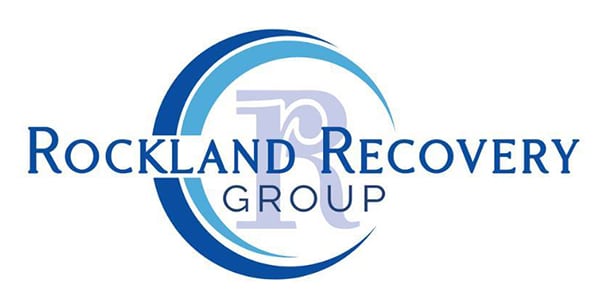No parent wants to see their child struggle, especially with something as dangerous and complex as addiction. As a parent, you can feel lost, helpless, hurt, and confused. You likely have questions about why and how addiction became part of your child’s life, but the priority is to get them help now and work through answering the questions later.
Parenting an adult with addiction is different in many ways than parenting a teen with substance use issues. For starters, you’re extremely limited in what you can do to help your child with drug addiction. This guide can help you put the pieces together and learn more about helping and supporting an adult child with addiction.
Identifying Addiction In Your Adult Child
As a parent, you feel that you know your child better than anyone, but identifying addiction isn’t always easy. With adult children, your ability to spot substance abuse in the early stages may depend on how frequently you see or interact with them.
Those struggling with substance abuse are adept at finding ways to conceal their use from those closest to them. However, there are several trademark signs that your adult child has developed a drug or alcohol addiction.
- Changes in mood
- Changes in grooming and self-care
- Changes in eating habits, including weight loss or gain
- Struggling to maintain healthy relationships
- Neglecting work or academic responsibilities
- Increased secrecy and withdrawal
- Being unable to control their drug or alcohol use
- Constantly investing time and money into finding more of the substance
- Experiencing money problems
- Continually coming to you with help with finances or to cover for them in some way
Guidance for Parents of Addicts
Your child needs you to be the strong, supportive, and non-judgemental person in their life that they know they can turn to. Being supportive and non-judgemental isn’t equivalent to enabling. In fact, the opposite is true.
Being supportive and helping a child struggling with addiction is listening without judgment or feeling defensive. It’s prioritizing time to have conversations with your child about their well-being and, if they’re agreeable, being the one to take control and help them get the treatment they need.
Don’t Enable
This is often one of the most difficult things for parents. It’s natural to want to protect your child or help in every way possible, even if that help sometimes encourages drug or alcohol use.
For example, covering your adult child’s bills once under the condition they receive treatment can be seen as supportive. Continually giving them money without consequences simply because you don’t want them to suffer is enabling. Denying that a problem exists or making excuses for their behavior are also examples of enabling.
Help Them Receive Treatment
When someone is struggling with addiction, they often don’t have the mental and emotional capacity to get help on their own, even if they are ready for it. As a parent, you may need to step in, help them find an appropriate treatment center, and take measures to ensure they attend each session.
This might involve offering or arranging for transportation, knowing their treatment schedule, following up with them, and visiting them as appropriate if they’re admitted to an inpatient treatment center.
Attend Family Substance Abuse Counseling Together
Addiction is a disease that affects not only the person but also those closest to them. Attending family therapy together can help all of you better understand addiction and its effects on family dynamics. It will help you work toward healing as individuals and as a family.
Seek Therapy For Yourself
Coping with a child’s addiction is one of the most difficult things for a parent. You may feel many complex emotions you’re unsure how to work through. Guilt, hurt, betrayal, sadness, anxiety, and denial are all common emotions when a parent is helping a child overcome drug addiction.
There’s no reason for you to feel that you must manage all of these feelings alone. Seeking therapy for yourself can help you process what is going on with your child and offer you a safe space where you’re free to vocalize all of your feelings without fear of being judged.
Practice Self Care
Finally, don’t forget to care for yourself during this time. As a parent, you might be familiar with the saying about putting on your own oxygen mask first. There’s only so much you can do to help a child overcome drug addiction if you’re letting your own mental and physical health slide.
Take time for yourself, and do the things that replenish your body, mind, and spirit.
Family Intervention Strategies
You might find that your adult child is resistant to the suggestion that they need help for alcohol or drug addiction recovery. In this case, a family intervention can change the course for your loved one.
If you’re considering an intervention, it’s important to work with an intervention specialist. This impartial person is trained and experienced in moderating interventions and ensuring that they proceed productively.
During an intervention, those closest to the person will have the opportunity to share their feelings, but it’s important to be aware of language and not blame or become aggressive. The goal of an intervention is to help your child acknowledge their drug or alcohol use, the effect it has on others, and the need for treatment. Making them feel defensive or attacked will be counterproductive to the goal.
Your local addiction treatment center can help connect you with an intervention specialist who will guide you through this process.
Help Your Adult Child with Drug Addiction in Massachusetts
If you’re concerned about your adult child and their substance use, the most important thing you can do is to reach out for help. At Rockland Recovery, we’re compassionate towards those struggling with addiction and their families. We can help you understand addiction treatment options and how to help in getting your loved one the treatment they need. Contact Rockland Recovery today at (888) 299-4833.




